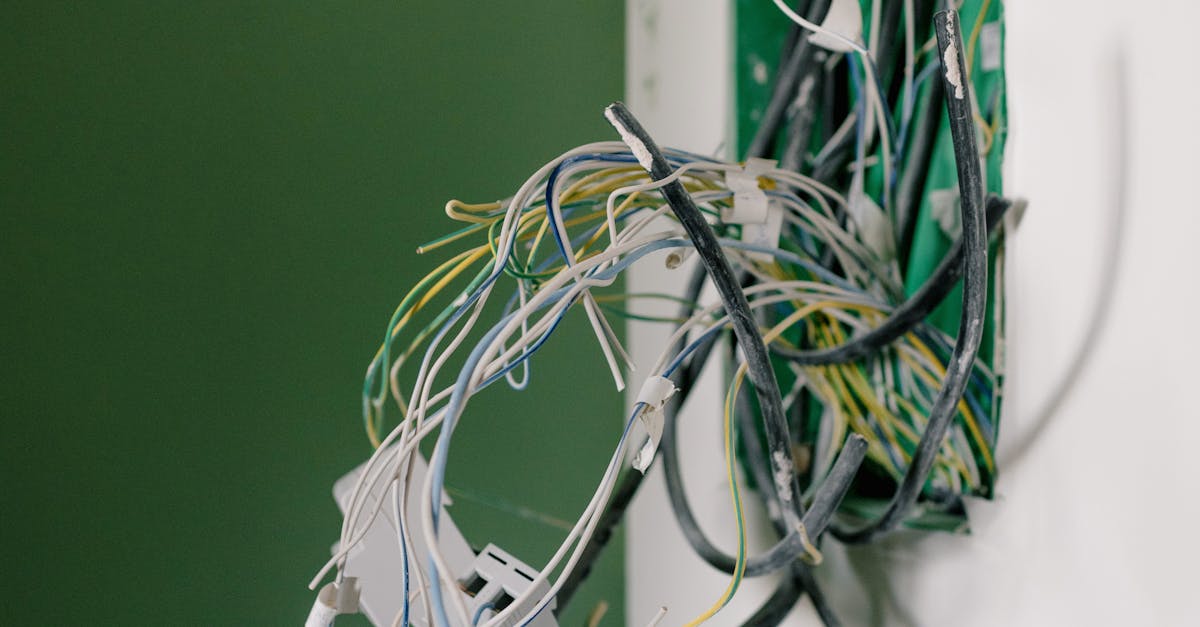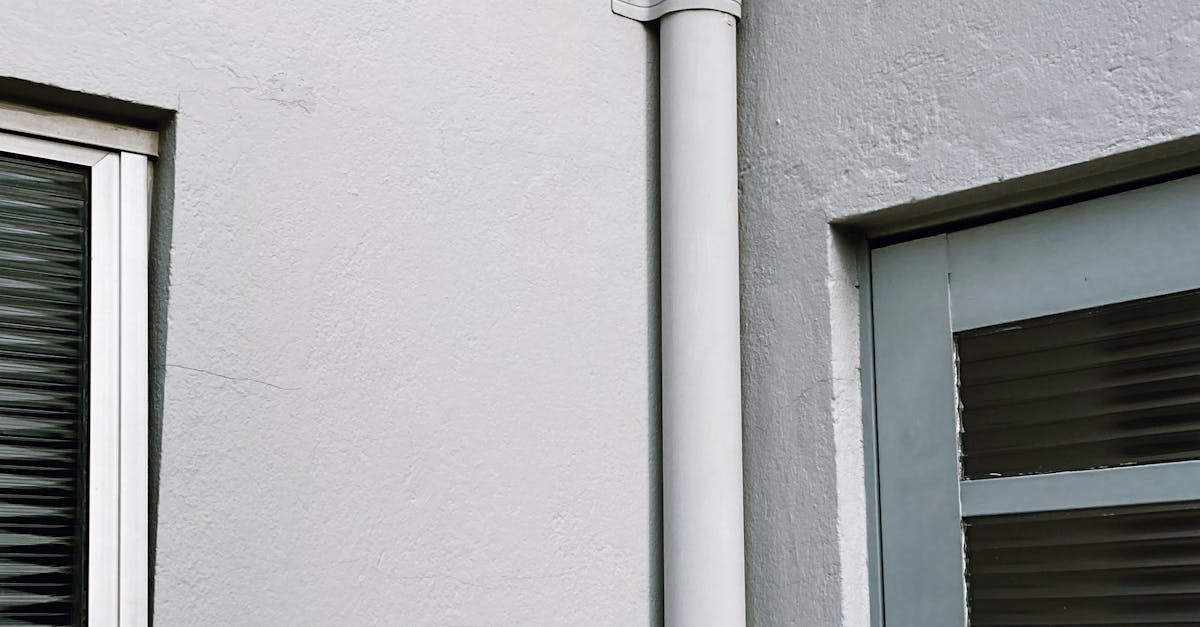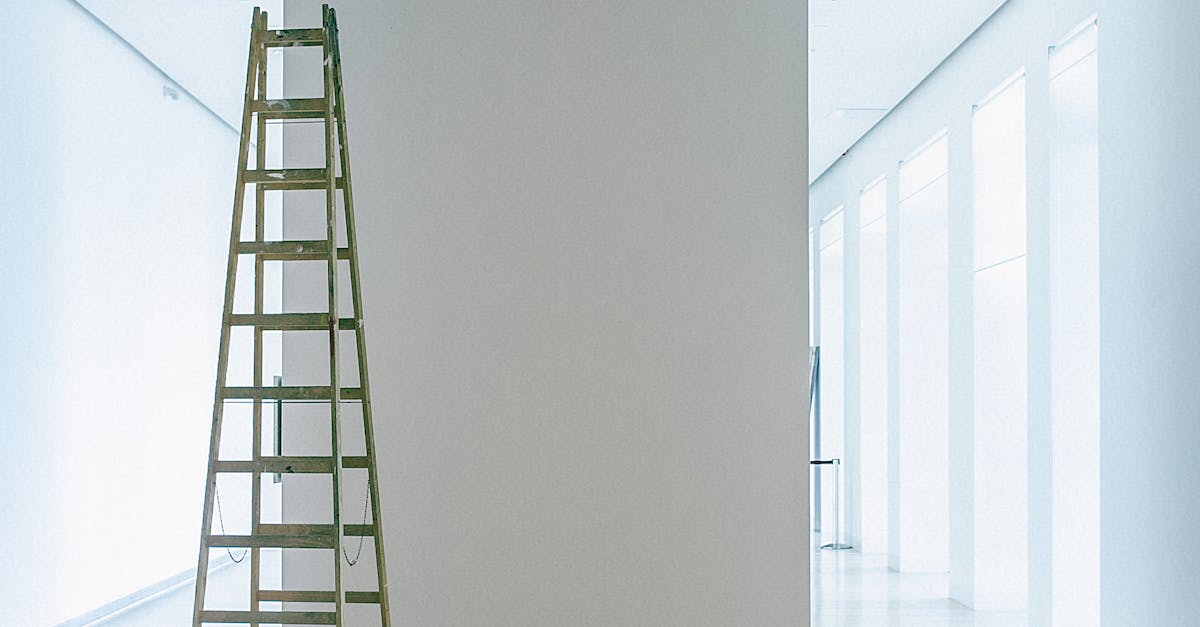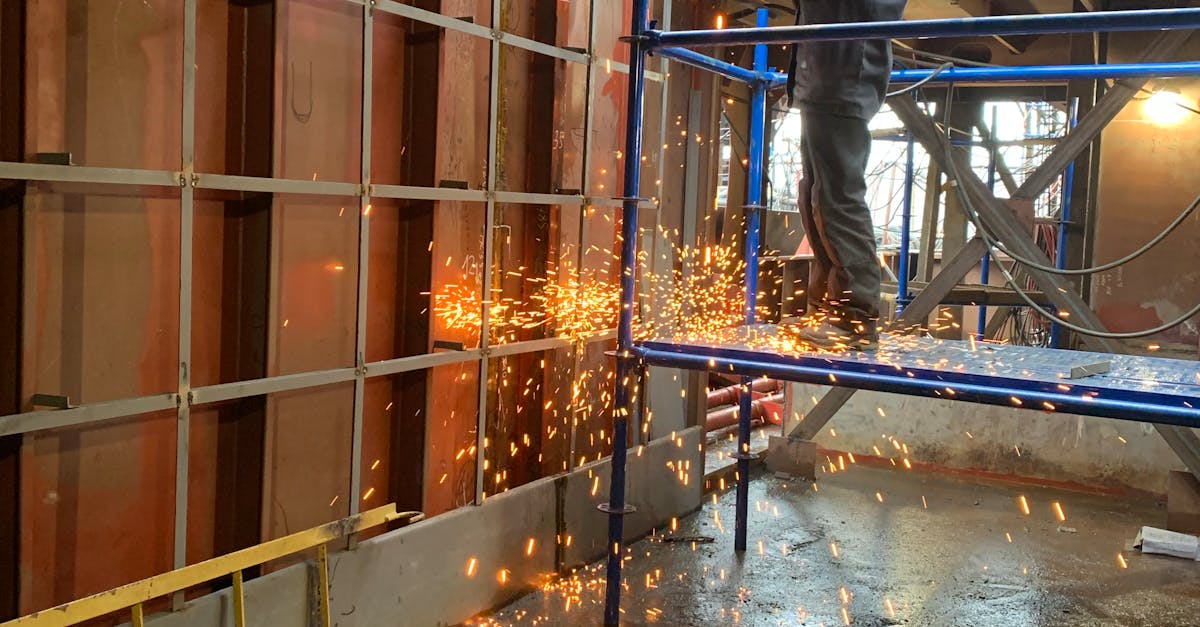
Table Of Contents
Checking the Shower Pipes
Upon noticing a leak in your shower, one of the key areas to investigate is the shower pipes. This is a crucial aspect of determining the source of the leak. If you are uncertain about a leak in your shower, it is advisable to seek professional assistance. Shower installation and repair near me can provide the expertise needed to diagnose and address any issues related to the shower pipes efficiently.
Examining the shower pipes involves a detailed inspection to locate any signs of corrosion or leaks. The presence of damp or discoloured spots near the pipes could indicate a potential issue. Additionally, checking for loose connections or damaged pipe joints is essential in identifying the source of the leak. To ensure the longevity of your shower system, promptly addressing any pipe-related concerns is paramount.
Assessing for Corrosion or Leakage
When investigating a potential leak in your shower, it is crucial to assess for corrosion or leakage in the pipes. Over time, pipes can become corroded, resulting in small leaks that may be the cause of the water seepage. To identify any issues, carefully inspect the pipes for signs of rust, wear, or moisture that may indicate a leak. If you notice any corrosion or leakage, it is advisable to contact professionals for Shower installation and repair near me to address the problem promptly.
In addition to checking the pipes, it is essential to thoroughly examine the fittings and connections for any signs of corrosion or leakage. These components are susceptible to wear and tear, which can lead to leaks over time. Inspect all connections carefully, and if you detect any corrosion or signs of leakage, it is advisable to seek assistance from experts in Shower installation and repair near me. Addressing these issues promptly can prevent further damage and ensure the optimal functioning of your shower.
Evaluating the Shower Faucet
When assessing a leaking shower, it is crucial to thoroughly evaluate the shower faucet. Start by inspecting the faucet for any visible signs of damage or wear. Look for water leakage around the base of the faucet or any dripping when the shower is not in use. If such signs are present, it may indicate a faulty faucet that requires immediate attention. In such cases, contacting a professional in Shower installation and repair near me would be beneficial to address the issue promptly.
Additionally, examine the faucet handles to ensure they are functioning correctly. Try turning the handles to check for smooth operation without any resistance or unusual noises. If you notice any looseness in the handles or difficulty in controlling the water flow, it could be a sign of underlying issues with the faucet mechanism. Seeking assistance from experts in Shower installation and repair near me can help diagnose the problem accurately and carry out the necessary repairs effectively.
Tightening Loose Components
Loose components in your shower can lead to water leakage and potential damage over time. To prevent this, regularly check and tighten any loose fittings or parts in your shower. Start by examining the showerhead and ensure it is securely fastened to the pipe. If there is any movement, use an adjustable wrench to tighten it, avoiding over-tightening that could cause damage.
Check the handles on your shower fixtures for any wobbling or play. This can also lead to leaks and water wastage. By tightening the screws or bolts that secure the handles to the fixture, you can create a more secure connection that prevents unnecessary movement. Remember, if you're unsure about any repair work, seek professional help from a service specializing in "Shower installation and repair near me".
Examining the Shower Handle
When examining the shower handle in your bathroom, it's crucial to pay attention to any signs of water leakage or proper sealing. Loose or malfunctioning shower handles can lead to water seepage, hence causing damage to the surrounding areas. To evaluate the state of your shower handle, start by checking for any visible cracks, rust, or discolouration that might indicate a problem. If you notice any of these issues, it may be necessary to seek professional assistance from experts in shower installation and repair near me.
Moreover, ensure that the shower handle is securely attached to the wall and there are no loose components. If you find any parts that are not correctly fixed or seem wobbly, tighten them to prevent further complications. It's essential to maintain the stability of the shower handle to avoid any potential water leaks or damages. Additionally, make sure that the handle is properly sealed to prevent water from seeping into the wall or floor, which could result in costly repairs down the line.
Ensuring Proper Sealing
Inadequate sealing around the shower handle and fixtures can be a common culprit for water leakage. Moisture can seep through gaps and cause damage to walls and flooring. To ensure proper sealing, it is imperative to use high-quality caulking materials that are specifically designed for wet environments. Replacing old or deteriorated sealants with new ones can help maintain a watertight barrier and prevent leaks. The process may seem simple, but it plays a crucial role in safeguarding your shower from potential water damage.
For homeowners facing persistent leaks, seeking professional assistance from shower installation and repair near me services can provide a thorough inspection of the sealing components. Qualified technicians have the expertise to identify areas where sealing is inadequate and offer suitable solutions. Don't overlook the importance of proper sealing, as it is a key factor in maintaining the integrity of your shower and preventing costly repairs down the line.
FAQS
How can I determine where my shower is leaking from?
You can start by checking the shower pipes, assessing for corrosion or leakage, evaluating the shower faucet, tightening loose components, and examining the shower handle to identify the source of the leak.
What should I do if I notice corrosion or leakage in the shower pipes?
If you notice corrosion or leakage in the shower pipes, it is best to call a professional plumber to assess the extent of the damage and recommend the necessary repairs or replacements.
How can I prevent leaks in my shower faucet?
To prevent leaks in your shower faucet, regularly check for any loose components and tighten them if needed. Additionally, ensure that the shower handle is properly sealed to prevent water from leaking.
Why is it important to ensure proper sealing in the shower handle?
Proper sealing in the shower handle is crucial to prevent leaks and water damage. If the shower handle is not sealed correctly, water can seep through the gaps and cause leaks over time.
What should I do if I suspect a leak in my shower but cannot identify the source?
If you suspect a leak in your shower but cannot identify the source, it is recommended to contact a professional plumber to conduct a thorough inspection and locate the source of the leak to prevent further damage.


